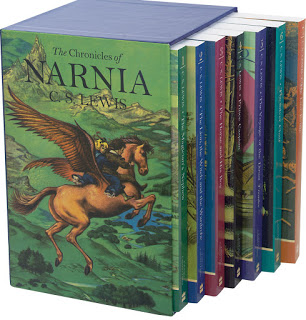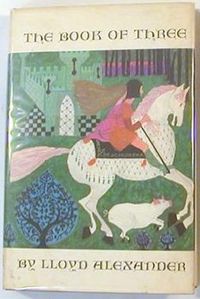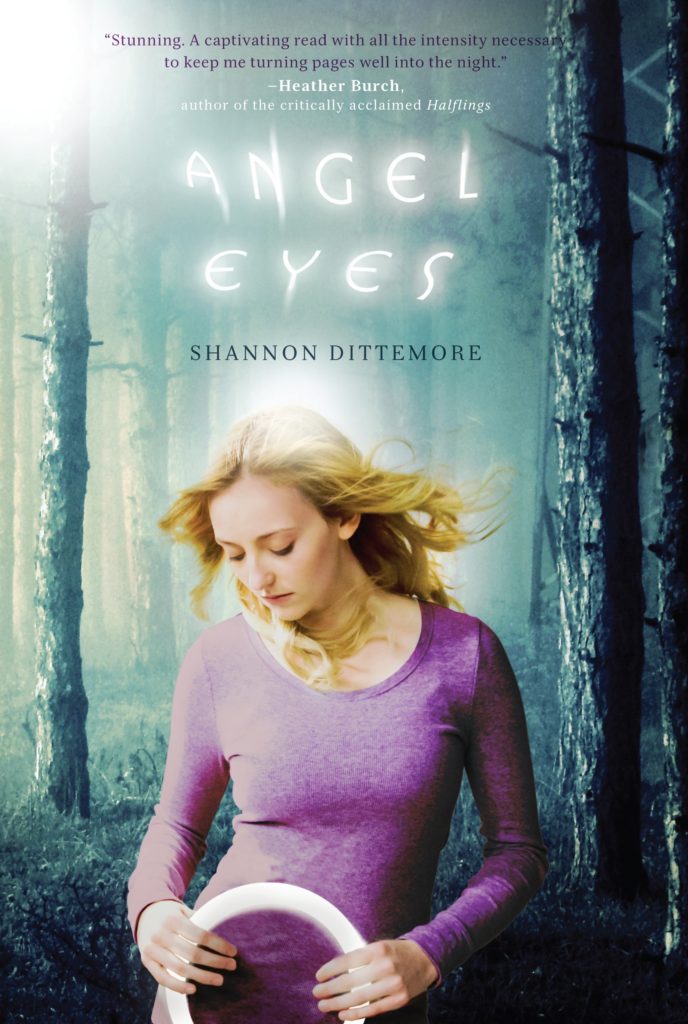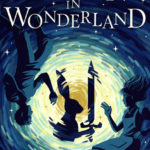Sacrifice And Speculative Fiction
This passion week, I think it’s important for us to revisit the subject of sacrifice. After all, there would be no Christian worldview except for the sacrifice of Christ on the cross.
Some time ago a blog post at MBT Ponderers prompted my thinking about self-sacrifice in speculative fiction. In fact the three most recent YA blockbuster series— Harry Potter, Twilight, Hunger Games—featured self-sacrificial heroes. I conclude there’s something to the idea that self-sacrifice is appealing.
 C. S. Lewis was particularly good at weaving self-sacrifice into his stories. It, of course, is crucial in the (traditional) opening book of Narnia—The Lion, the Witch, and the Wardrobe. In The Voyage of the Dawn Treader Reepicheep proves to be the person willing to sacrifice himself for others—in this case, to awaken the lost lords. Then Polly and Digory perform sacrificial acts in The Magician’s Nephew.
C. S. Lewis was particularly good at weaving self-sacrifice into his stories. It, of course, is crucial in the (traditional) opening book of Narnia—The Lion, the Witch, and the Wardrobe. In The Voyage of the Dawn Treader Reepicheep proves to be the person willing to sacrifice himself for others—in this case, to awaken the lost lords. Then Polly and Digory perform sacrificial acts in The Magician’s Nephew.
Interestingly, in this sixth installment of the Narnia books, the antagonist, Jadis, is guilty of annihilating the people on her world to prevent her own defeat—the precise opposite of self-sacrifice.
This quality of giving oneself over to danger or death for the sake of others is key in The Lord of the Rings, too. Gandalf is most obvious—standing against the Balrog so the rest of the Fellowship can escape the mines of Moria.
Of course there is discussion whether or not Gandalf actually died in the battle, but that same discussion took place regarding Harry Potter when he faced Voldemort. Perhaps the actual dying isn’t as important as the willingness to do so.
Which brings up Frodo. He was sacrificial in that he willingly faced unspeakable danger and insurmountable temptation, with no idea that he would survive. Yet he moved inexorably forward. Until the end. His failure and his escape, however, don’t diminish his sacrifice. They make it all the more poignant, perhaps.
 The five-book series The Chronicles of Prydain by Lloyd Alexander also utilize the theme of sacrifice. In The Book of Three, for example, Gurgi who is injured, offers to stay behind so those he is traveling with can escape capture. Taran, the protagonist of the story, sacrifices a home in the valley of Medwyn in order to warn others of the impending attack by the Horned King. Ultimately, three of his traveling companions stand to fight the overwhelming force so that Taran can achieve his goal.
The five-book series The Chronicles of Prydain by Lloyd Alexander also utilize the theme of sacrifice. In The Book of Three, for example, Gurgi who is injured, offers to stay behind so those he is traveling with can escape capture. Taran, the protagonist of the story, sacrifices a home in the valley of Medwyn in order to warn others of the impending attack by the Horned King. Ultimately, three of his traveling companions stand to fight the overwhelming force so that Taran can achieve his goal.
More recently in Mary Weber’s The Storm Siren Trilogy both of the main characters, Eogan and Nym, act self-sacrificially, either to save the other or to save the entire Hidden Lands.
Shannon Dittemore’s <a href="https://www.amazon.com/Angel-Eyes-Novel-ebook/dp/B0078FA91U/"  target=”_blank”>Angel Eyes series also involves self-sacrifice by the main characters, Brielle and Jake.
target=”_blank”>Angel Eyes series also involves self-sacrifice by the main characters, Brielle and Jake.
Clearly self-sacrifice is a key component in both general market speculative fiction and Christian speculative fiction. But what is it about sacrifice that is so compelling? The easy answer is that it mirrors Christ’s sacrifice, and each of these stories is an echo of the Great Story. But that doesn’t explain why sacrifice resonates with us as readers. Why do readers care that a vampire boy is willing to deny himself for the girl he loves? Or that she is willing to walk into danger to be with him?
Christ Himself said, “Greater love has no one than this, that one lay down his life for his friends” (John 15:13). Do stories of sacrifice resonate with readers, then, for the simple reason that we recognize that great love? Or could it be that we actually desire that great love for ourselves? Isn’t one cry of the human heart to be loved, to be valued at that level?
My instinctual idea is to say that memorable stories include sacrifice and great stories take it one step further—showing sacrifice by the most noble for those less so, thus mirroring Christ’s death for us “while we were yet sinners.” Aslan dying for the traitor Edmund is the prime example.
What are your thoughts? Does a sacrificial character make a story more memorable? Do sacrificial acts connect you more deeply to the story?
This post is a revised and expanded version of one that first appeared here in August 2012.












































100%, absolutely. I have always valued that kind of sacrifice, even as a child, though I was “too small to understand why”. I remember that I would rejoice with characters who were willing to give up what they wanted most in the world for the good of someone else. I remember that I loved characters who kept fighting for what they believed was right, no matter how hard, no matter how it hurt. I loved characters who held out compassion for those who seemingly didn’t deserve it. Mostly I loved the characters who never gave up, and made whatever sacrifice was necessary. When I was older, I of course saw the hidden story, but that made them more special to me.